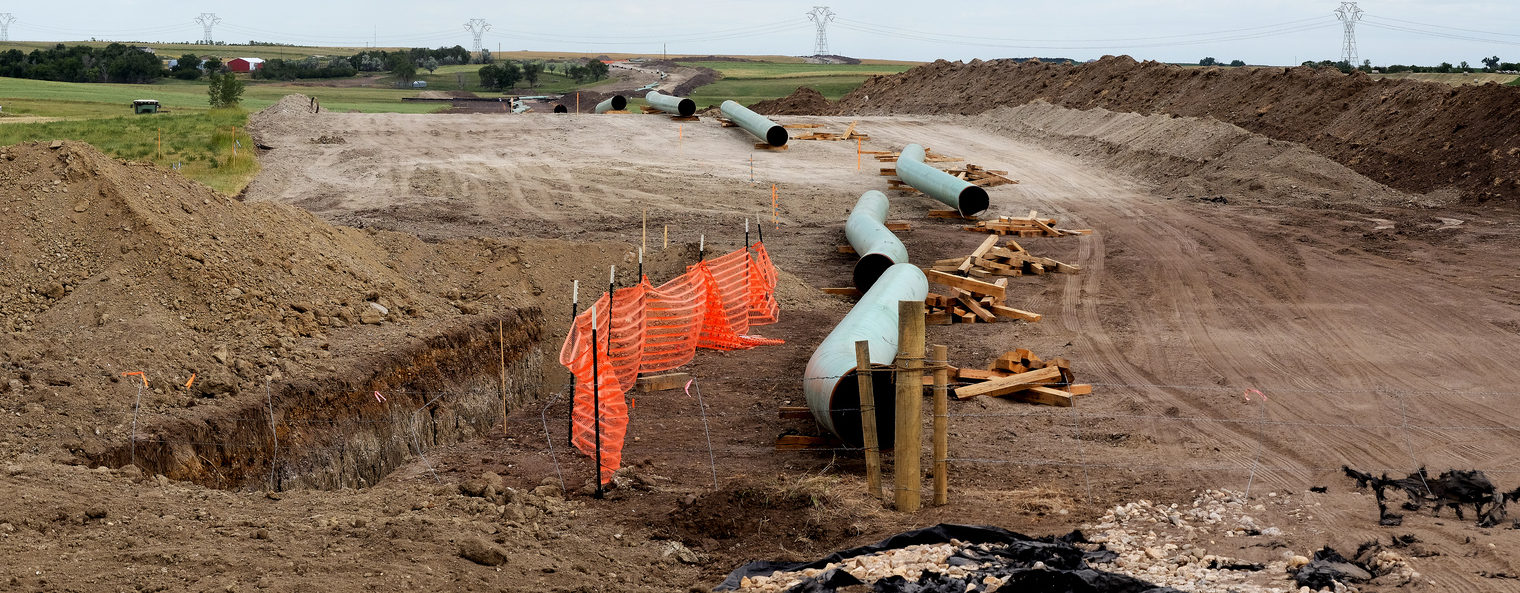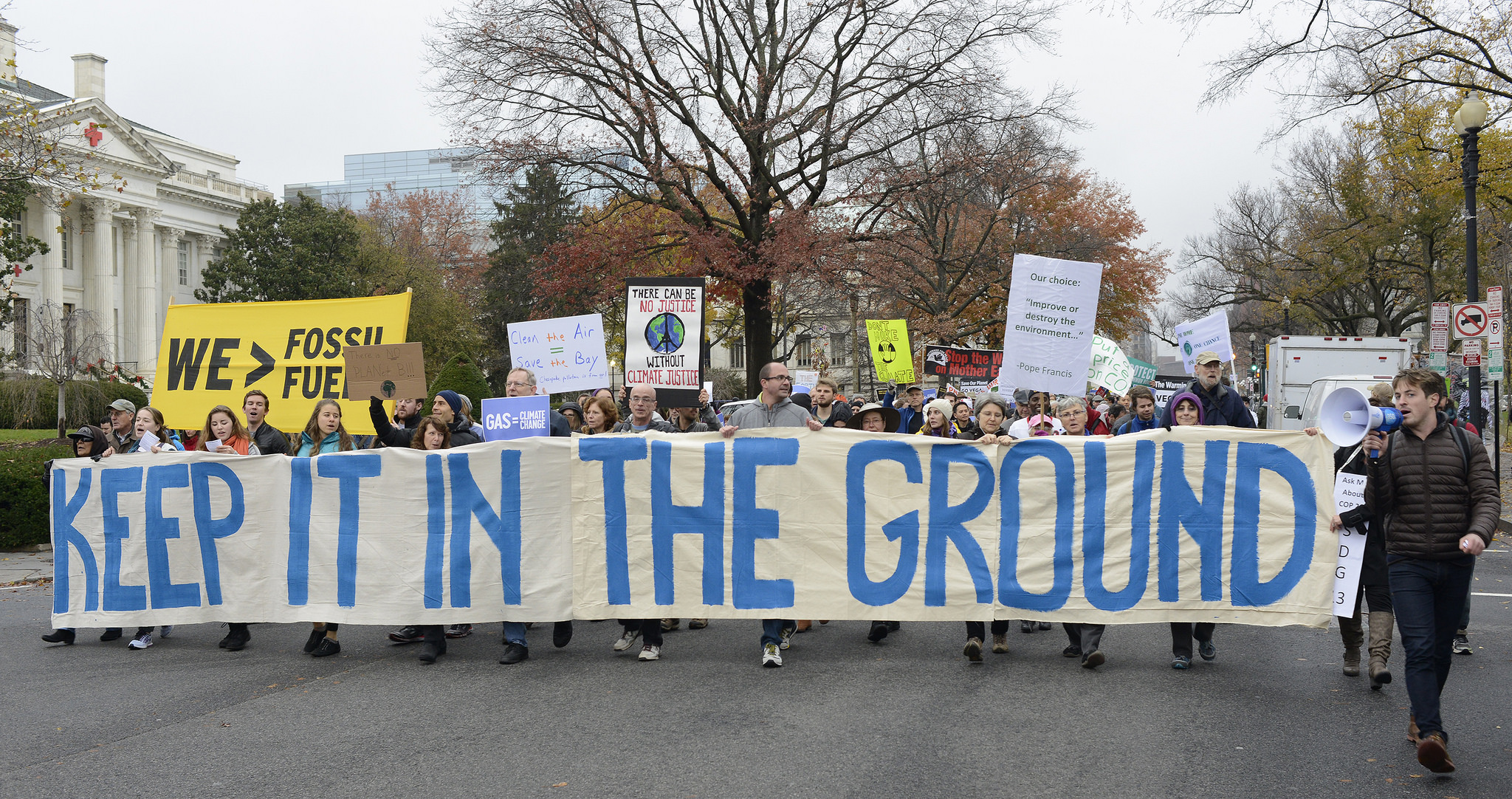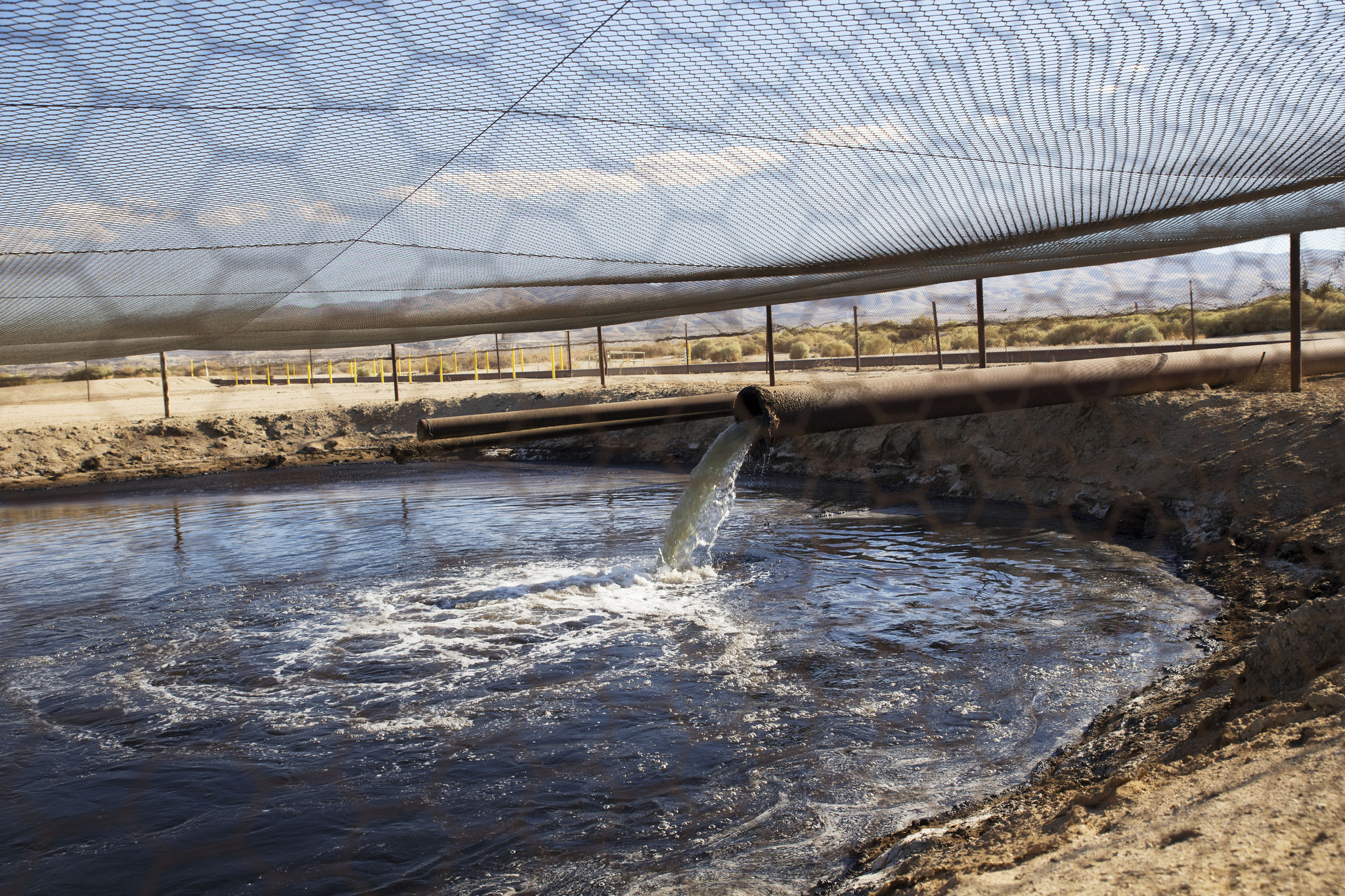The Dakota Access pipeline is just one of several major fossil fuel projects underway as part of U.S. efforts to dominate the global energy market and crash the oil-dependent economies of American nemeses like Venezuela and Russia.
On Monday, a federal charge officially halted construction around Lake Oahe, the site of a massive protest against the Dakota Access pipeline led by the Standing Rock Sioux, who have been joined by hundreds of other Native American tribes and indigenous groups.
Elsewhere, however, expansion of U.S. fossil fuel infrastructure continues.
Winona LaDuke, a respected Native American activist and executive director of Honor The Earth, put the Dakota Access pipeline and others like it into international perspective during a July 12 interview with Democracy Now!. LaDuke explained:





